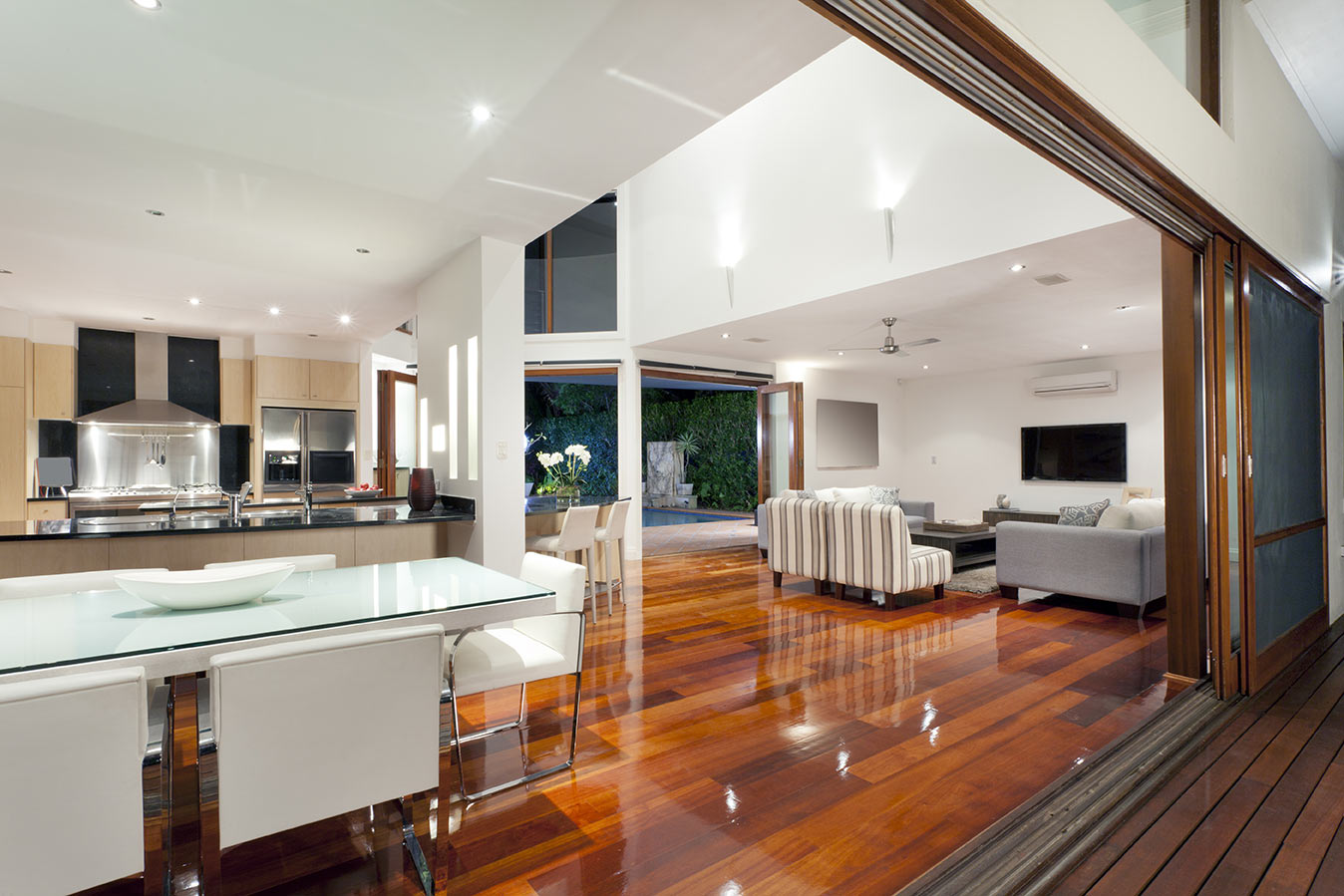
18 Jul Data-mining firm to probe Charleston County home ownership, looking for improper tax breaks
By David Slade
Rental properties and other homes collectively worth hundreds of millions of dollars are believed to be under-taxed because the owners falsely claim to reside there.
The financial stakes are high because South Carolina property tax bills roughly triple when a home is not owner-occupied. And only one property can be claimed as a residence for property tax purposes.
Those caught claiming the tax break improperly in Charleston County will owe up to three years of back taxes at the higher rate, plus interest, and forfeit the property tax they previously paid as a penalty.
“If this works out right, there will be a surge in revenue,” said Keith Bustraan, Charleston County’s chief financial officer. “Some of that should be permanent.”
The surge would come from potentially millions of dollars in back taxes, and taxing the properties correctly would mean additional revenue for local governments every year. More revenue should mean less pressure to raise tax rates.
Tax Management Associates, of Charlotte, will check the more than 88,000 owner-occupied homes in Charleston County against nationwide data, through a partnership with LexisNexis. The company will work with the county to identify which leads to pursue, and TMA will be paid 30 percent of any back-taxes collected.
“If the data shows (a property owner is) registered to vote somewhere, their kids go to school somewhere, their cars are registered somewhere, it all starts adding up,” said Bryan Fawcett, of TMA.
The company already has audited the property tax rolls in Berkeley, Dorchester and other counties, looking for people improperly receiving the owner-occupant tax discounts. In each of those counties, thousands of owner-occupied properties raised questions, and hundreds had undeserved tax breaks.
“It surprised me how many we did have,” said Dorchester County Assessor Wayne Welch. Dorchester County sent bills to nearly 360 property owners who were getting improper tax breaks, out of the 38,303 on the owner-occupied list. Other property owners, who reside in Dorchester County, got tax bills from neighboring counties where they were found to also have properties listed as owner-occupied.
“We don’t have access to all the databases and everything necessary to check,” Welch said. “It’s hard to find somebody who has another residence in Ohio or California or wherever.”
He said many of the people who were billed for extra tax had moved to Dorchester County from out of state or from other South Carolina counties and were receiving tax breaks on their current home as well as a previous one that they were renting out.
Berkeley and Dorchester property owners who were snared in the investigations got off easy compared with what’s planned in Charleston County. Both Berkeley and Dorchester counties required property owners to pay only the difference between the property tax they had paid and the tax they should have paid for the current year and up to two prior years.
“We did not add penalties because we were only trying to clean up our books,” said Berkeley County Assessor Wilson Baggett. He said only 188 of the county’s roughly 40,000 owner-occupied properties were found to be improperly taxed.
“I was quite proud of that,” he said. “We run a tight ship.”
In Charleston County, those found to have improper tax breaks will be required to pay up to three years of back taxes at the higher rate – in addition to the tax they already paid – plus interest. That could amount to a bill for more than triple the property tax they paid during the past three years.
That’s what South Carolina law calls for, Glennon said.
The largest share of any tax money collected would go to the Charleston County School District because properties are only exempt from school district operating taxes if they are owner-occupied.
Most of Charleston County’s more than 88,000 homeowners won’t even notice what the county is calling “legal residence compliance audits” because only those people who appear to have claimed more than one residence will be contacted.
“I’m thinking the first letters could fly in as little as two weeks,” Glennon said.
Fawcett said that in every state where TMA has done audits, they have found that between 1 percent and 1.5 percent of owner-occupied properties were getting erroneous tax bills.
“It’s not a high percentage, but it’s a lot of dollars,” he said.
The owner-occupied homes on Charleston County’s tax rolls are collectively valued at more than $26 billion, so if between 1 percent and 1.5 percent are getting improper tax breaks, that could be $261 million and $391 million in property escaping full taxation.
Finding those properties would be worth a minimum of $1.7 million in additional, annual school district property tax revenues, plus a larger one-time amount from back taxes and interest. The school district has a $404 million operating budget.
The county should see at least $250,000 in new annual revenue if just 1 percent of owner-occupied homes were reclassified. Of course, it would depend on the value of the homes. Average taxable home values in the county range from less than $68,000 in Lincolnville to more than $1.7 million on Kiawah.
Towns and cities in the county, Trident Technical College, Charleston County Park and Recreation Commission, and public service districts would also see revenue increases, depending upon their tax rates and where the under-taxed properties were found.
“This is simply to make sure properties are assessed properly, and people are paying what they should,” Bustraan said.
Reach David Slade at 937-5552.

